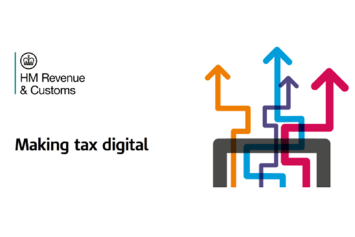On 27 July, the Welsh government reduced the rate of Land Transaction Tax (LTT) following the cuts made to SDLT and LTT across the rest of the UK.
LTT is payable by the purchaser of residential or non-residential property occurring in Wales.
From 27 July 2020, the starting threshold for residential LTT rose from £180,000 to £250,000. This applies until 31 March 2021. The tax reduction does not apply to purchases of additional properties, including buy-to-let and second homes.
The Welsh government predicts that around 80% of homebuyers in Wales will pay no tax when purchasing their home, and that buyers of residential property who would have paid the main rates of LTT before 27 July will save £2,450 in tax.
Rebecca Evans, Welsh Minister for Finance, said:
“These rates and thresholds have been set so they more closely reflect the property market in Wales and will ensure that we retain a progressive regime that expects those with the broadest shoulders to contribute a larger share in tax.“












